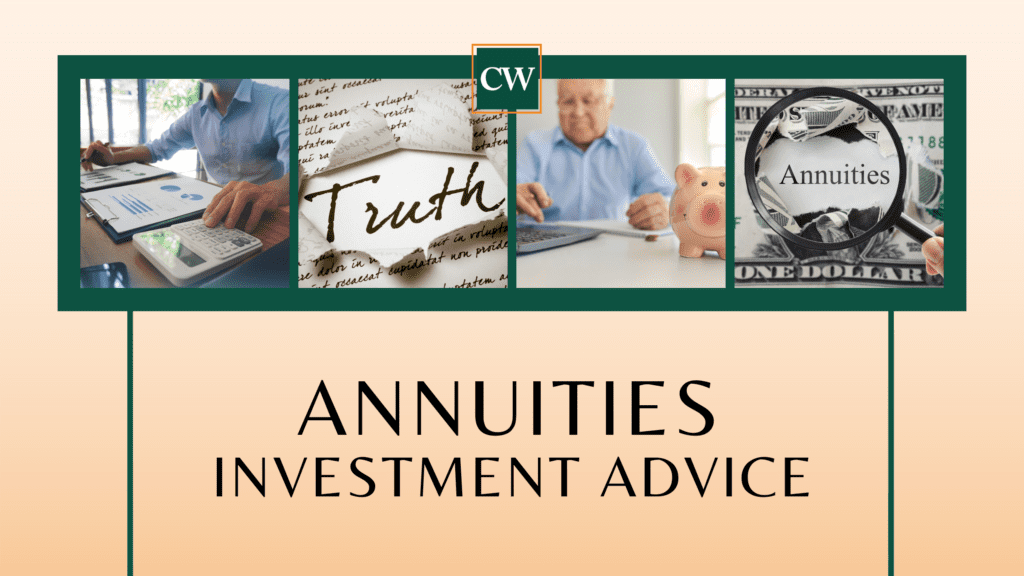As Bob Dylan sang long ago, “the times they are a changing.”
With the odds being extremely high that your wishes – and the laws! – have changed since you have last considered your estate plan, this is a good time to take a look at some important planning ideas.
And if you are among those of us expecting big tax increases in the years to come, that makes it double important to dust off your estate plan, if you have one.
I know most of you probably have wills, but I don’t really think of them as estate planning. Here’s why:
1. For one, your will probably makes plans for who will take care of your minor children, but your kids are probably planning their own retirement now. Many other parts are likely hopelessly out of date, and could screw up your wishes.
2. Wills – and trusts created inside wills – guarantee probate. Think of your will as a letter to the probate judge. Probate is expensive, time consuming, and hard on your kids. It’s also not private, and anyone can look at the assets in your estate. This opens the door to will contests, criminals sniffing out targets, and all kinds of other unpleasantness.
3. It also won’t prevent the heartbreak of guardianship, which is where a judge appoints someone to manage your checkbook because you can no longer do it yourself. Warning! The judge can appoint his or her cousin instead of your son!
Living trusts can help avoid guardianships. Guardianships happen if you can’t manage your affairs, and there is no legal mechanism in place to empower someone to take over. If you don’t have a trust and, for example, and you or your spouse loses competency, then a judge calls the shots on your assets. In these cases, there is no assurance that the guardian is going to guarantee that your wishes are met. Using a trust gives you much better control, as well as complete privacy, unlike with probate.
Avoiding dependence on our children is often one of the biggest fears retirees have, right behind running out of money. No one wants to be a financial burden on their children! But what retirees should fear more than dependency is guardianship. Guardianship is where a court appoints someone else to take the legal responsibility to manage your assets and make decisions for you. Unless you have planned to avoid guardianship, it can become required if you ever get to the point where you cannot manage your affairs, typically from cognitive issues like Alzheimer’s, or other debilitating accidents or conditions.
Avoiding guardianship should be a major goal for many reasons. The process is expensive and humiliating. You have to be proven legally incompetent, and you may have to sit through the proceeding while an attorney points out how broken down you’ve become. Once you lose power and control over your own affairs, the selected guardian, (again, picked by a judge– not you or your family), is overseen by the court. On a regular basis. This in itself can be very expensive and a huge for you and your family.
Without proper planning, guardianship is a very easy trap to fall into. Wills, and trusts in wills, will not avoid them. Fortunately, it can easily be avoided with the right estate planning devices. Living trusts are wise choices because they give you more flexibility and precision over your assets. They can also help protect your heirs from lawsuits and other financial predators. Living trusts are also much more acceptable to banks, brokerages, and other custodians of your money; powers of attorney can be rejected by asset custodians, who in the worst cases must be sued to recognize them, which can take a long time, during which you may become very uncomfortable. Living trusts not only allow much more effective estate planning, but can save their cost many, many times over by avoiding needless probate fees and loss of control.
Another common mistake we often see is putting bank and brokerage accounts in joint names with your children. This is not the best way to leave money to them when you die. And of course, you have no control. Even if they don’t clean out your bank account while you’re alive, if they get sued, a stranger may. And of course, there is nothing to prevent them from squandering the money after you are gone, or losing it to divorce.
The right kind of trust solves all of these problems.
While we are on trusts, they also make great IRA beneficiaries. In fact, another big mistake we regularly see is not using a living trust as a beneficiary where you have a decent amount in plans like IRAs or 401ks. These accounts can’t be titled in joint names without triggering a massive tax blunder. The trust – with the right provisions – lets you control and protect the money without causing a tax disaster. This can protect the funds from being lost to bad decisions and poor advice. Big hint! The new SECURE Act has thrown a monkey wrench into most trust planning for IRA-type funds. Such trusts MUST be tweaked in light of the new law in order to avoid a new, unintended tax disaster. Used to be RMDs (required minimum distributions) were the best way to minimize income tax on IRA proceeds in trust, and most trusts were mapped out this way. Now, RMDs can be the tax disaster with the new law, so make sure you get a competent update and trust revision to save tax!
There are many other dangers that can lead to disappointment or disaster, but the cure is simple – get a proper estate plan. In many cases, the cost of the work will be returned dozens – if not hundreds – of times in saved probate costs and taxes, not to mention the value of avoiding the many dangers and risks we’ve been discussing here, and the many others we left out.
And if you are concerned about asset protection from financial predators – and you should be! – estate planning is a very effect time to address this as well. Estate planning and asset protection planning are best addressed together. The issues are similar, and the legal and planning team can work more efficiently with all aspects on the table at the same time. Often, this is not only cheaper, but yields better results.
There is no better time than NOW to review and update your estate plan. The odds are overwhelming that what you have is out of date, and leaves too much risk and uncertainty on the table. If your goal is to protect yourself and your spouse, make sure you have plenty of retirement income, and make sure the money stays in the family after you are gone, make the time to do an estate review now!




